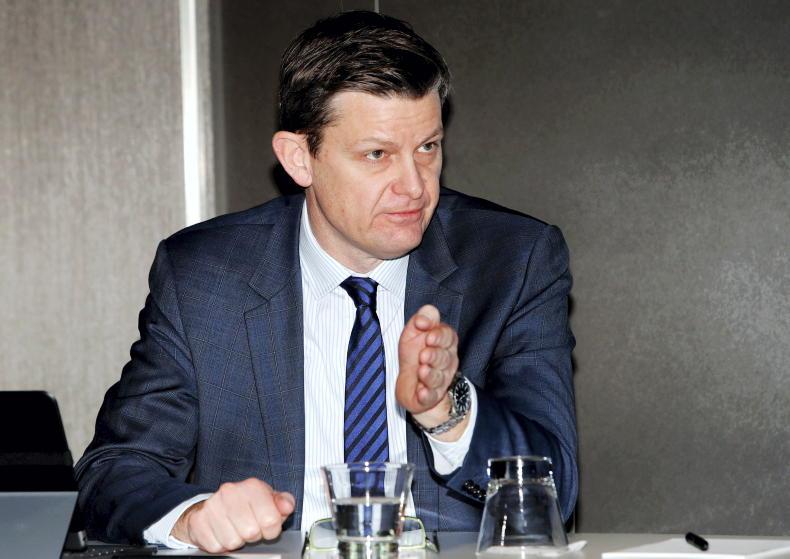SOME have commented that the way the penalties are being applied by racing stewards provides insufficient deterrent to a win at all cost attitude, whilst others have suggested that Britain should adopt the approach seen in the US where, irrespective of the circumstances, interference should be deemed a “foul” and the offending horse and Jockey ought be disqualified or demoted.
I would like to take this opportunity to say that, in my view, our stewards are applying our rules and penalties correctly, and in line with our priorities of keeping racing clean, fair and safe.
The current debate around interference is a fascinating and instructive one, and we thought it would be aided by explaining what happens in the stewards room on a race day.
When interference occurs the initial task of stewards is to establish whether the interference warrants an amendment of the placings. This requires the team to determine relatively quickly whether, if not for the interference, the sufferer would have finished in front of the horse causing the interference.
Ultimately, applying this approach, the best horse on the day should be the one that wins. This is the approach supported and promoted by the International Federation of Horseracing Authorities (IFHA) and consistently applied across the majority of leading racing nations.
It is often stated that “in this country” the rules are different and a horse would be more likely to be demoted or disqualified elsewhere. However, other than in the US and Canada, every major racing nation applies the same model as in Britain.
In fact, other nations such as Japan, France and Germany have all transitioned to the British approach over recent years, with all observing the number of interference enquiries decreasing significantly as a result.
Once the issue of the placings is determined, stewards will then turn their attention to dealing with whether, on the balance of probabilities, a riding offence has been committed, and take whatever time is necessary to do so. Interference in races will always occur as an inevitable consequence of skilled professional jockeys riding to the limits of what is acceptable.
We must also remember that horses are not machines who always run in perfectly straight lines – they can, and sometimes do, make unpredictable decisions of their own. However, our ambition must be to have in place a regulatory system which ensures that if those riders push beyond the limits there are sufficient deterrents in place to reduce the likelihood of it happening too frequently.
That is what our stewards do consistently when they impose a sanction on raceday. Suspensions are not “holidays” as they are often referred to, but instead are penalties that take away a jockey’s livelihood for a period of days.
Overall, the interference rules are one of those aspects of racing that are always going to be a topic of debate, and we welcome the recent discussion. I am confident that the sport shares common goals around our rules and how races are ridden, with safety being the overriding consideration of everyone involved. I also have confidence in our rules and the way they are being applied by our stewards.
However, it is a subject we constantly monitor, and if ever our participants felt that their safety was being put at risk, or evidence and data showed that action needed to be taken, then we would not hesitate to look at the situation again. We would also urge any riders who have concerns to contact us, or the PJA, to share their views.


 This is a subscriber-only article
This is a subscriber-only article
 It looks like you're browsing in private mode
It looks like you're browsing in private mode





SHARING OPTIONS: